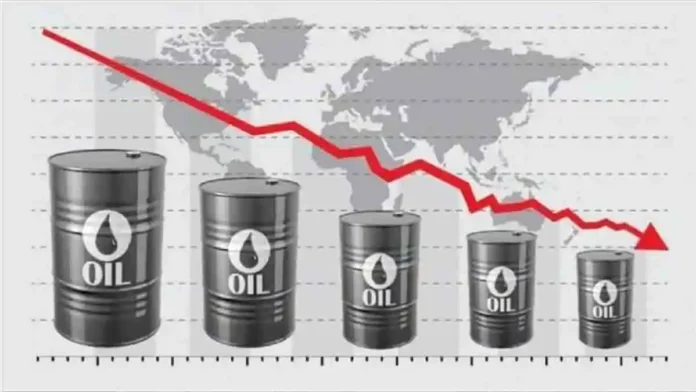By Aaior K. Comfort
Oil prices extended losses on Tuesday following reports that Israeli Prime Minister Benjamin Netanyahu assured U.S. President Joe Biden that Israel would refrain from targeting Iran’s crude or nuclear facilities in response to a missile attack earlier this month. The market reaction was also influenced by concerns regarding China’s economic outlook after the country failed to announce new stimulus measures during a weekend briefing.
Both major oil contracts fell by approximately three percent in early trading, adding to the two percent loss recorded on Monday. This sell-off was triggered by a report in the Washington Post indicating that Netanyahu pledged to focus on Iran’s military rather than its oil infrastructure.
Investor anxiety had been heightened since Tehran launched a missile barrage at Israel earlier this month, raising fears of a potential regional conflict. Netanyahu’s commitment to target Hezbollah militants without restraint further contributed to market volatility, as Israel continues its military operations against Hamas in Gaza.
The downturn in oil prices was compounded by worries about China’s ability to revitalize its economy. Despite hopes that Finance Minister Lan Fo’an would announce a comprehensive stimulus package, investors were left disappointed after a recent news conference lacked detail on any substantial economic support measures.
As a result, Hong Kong and Shanghai stocks experienced significant declines, with Hong Kong’s Hang Seng Index falling over three percent and Shanghai’s Composite Index dropping more than two percent. Conversely, other Asian markets saw gains, buoyed by a record close for the Dow and S&P 500 on Wall Street, with the third-quarter earnings season approaching.
Key figures for oil markets were as follows:
West Texas Intermediate (WTI): DOWN 3.8 percent at $71.02 per barrel
Brent North Sea Crude: DOWN 3.8 percent at $74.53 per barrel
In global currency markets, the euro traded down at $1.0893, while the pound also saw a decline against the dollar at $1.3050.
Overall, the combination of easing geopolitical tensions and concerns about economic performance in China has led to a notable decline in oil prices, reflecting shifting investor sentiment in the face of ongoing global economic challenges.

